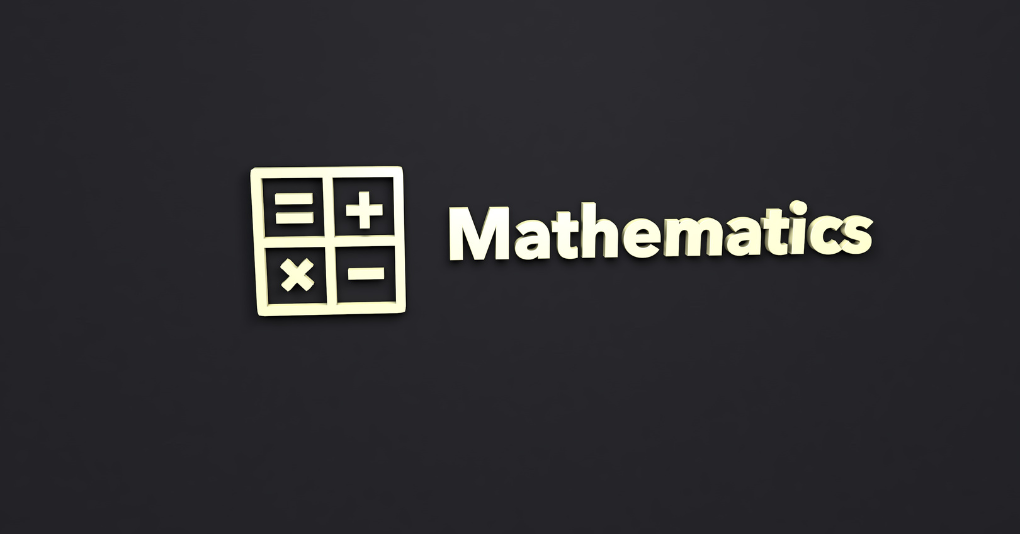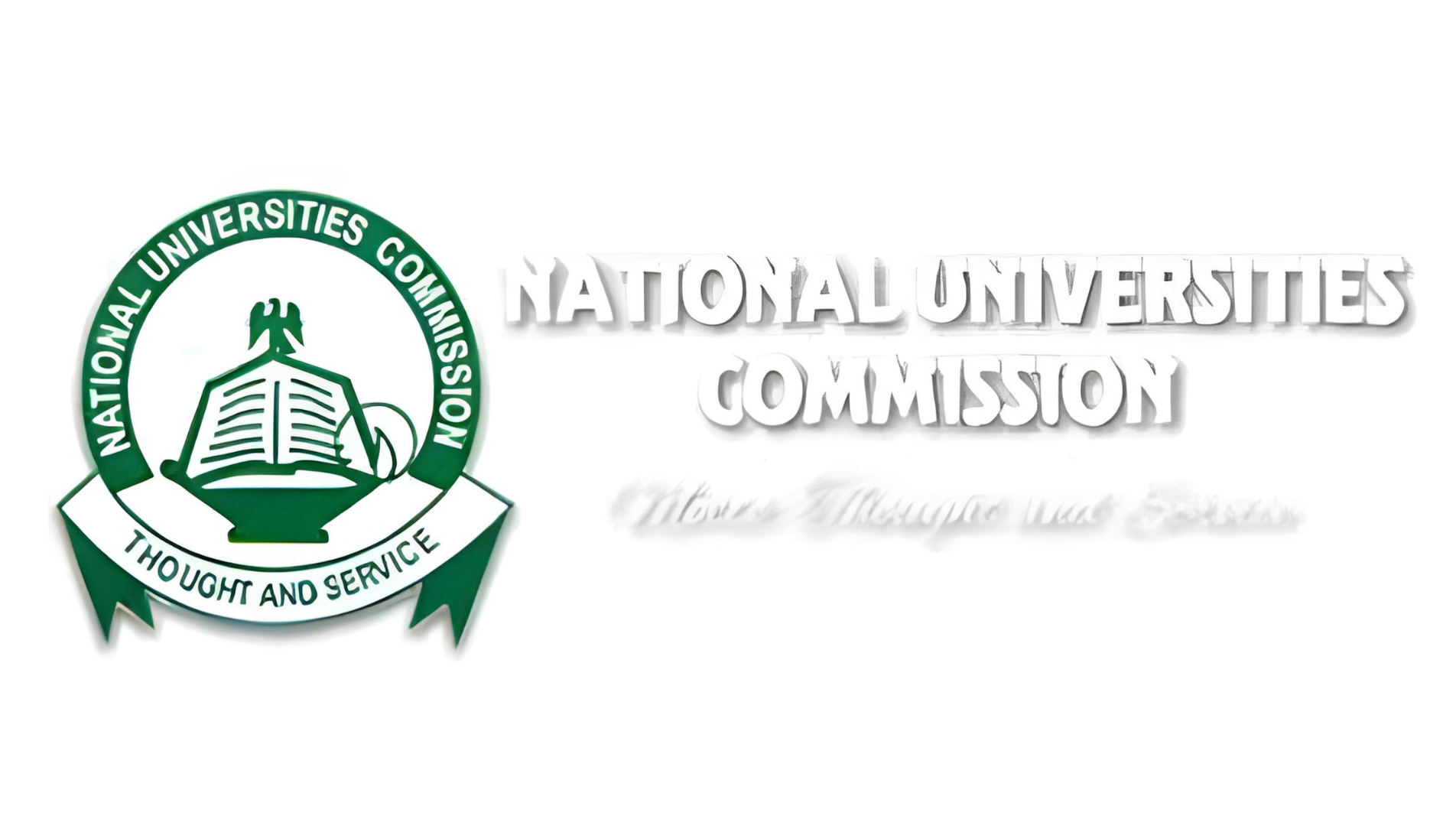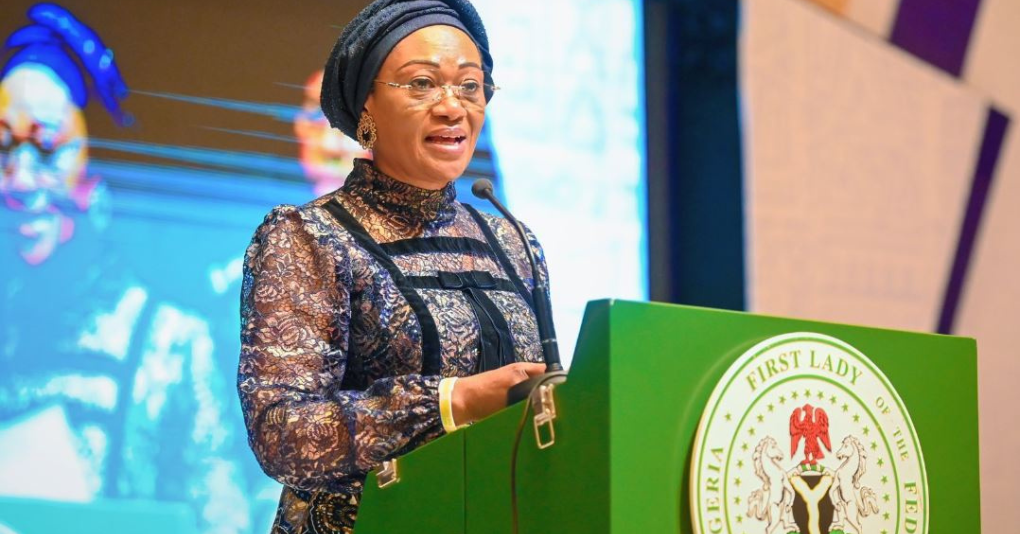The Federal Government on Tuesday announced that senior secondary school students in the arts and humanities will no longer be required to obtain a credit pass in Mathematics in their Senior School Certificate Examination (SSCE) as a condition for admission into universities and polytechnics.
This was disclosed in a statement issued by the Federal Ministry of Education and signed by its spokesperson, Folasade Boriowo, to announce the new admission guidelines.
Previously, many tertiary institutions required applicants in the arts and humanities to have at least five credits, including English Language and Mathematics, similar to candidates in the sciences and social sciences.
According to Boriowo, the Revised National Guidelines for Entry Requirements into Nigerian Tertiary Institutions were developed to remove unnecessary barriers to admission while upholding academic standards.
“The new framework applies to universities, polytechnics, colleges of education, and Innovation Enterprise Academies across the country as follows:
“Universities: Minimum of five (5) credit passes in relevant subjects, including English Language, obtained in not more than two sittings. Mathematics is mandatory for Science, Technology, and Social Science courses.
“Polytechnics (ND Level): Minimum of four (4) credit passes in relevant subjects, including English Language for non-science courses and Mathematics for science-related programmes.
“Polytechnics (HND Level): Minimum of five (5) credit passes in relevant subjects, including English Language and Mathematics.
“Colleges of Education (NCE Level): Minimum of four (4) credit passes in relevant subjects, with English Language mandatory for Arts and Social Science courses, and Mathematics required for Science, Vocational, and Technical programmes,” the statement said.
The Minister of Education, Dr Tunji Alausa, described the reform as a deliberate effort to expand access to tertiary education.
The ministry also approved a comprehensive reform of admission entry requirements into all tertiary institutions across the country, increasing the average annual intake from about 700,000 to one million students.
The government said the new policy aims to expand access to higher education and create opportunities for an additional 250,000 to 300,000 admissions each year.
The minister explained that the reform became necessary after years of limited access, which left many qualified candidates unable to secure admission despite meeting the required standards.
Share this post





Be the first to comment on this post